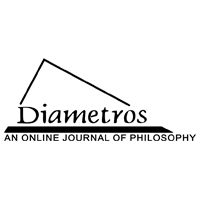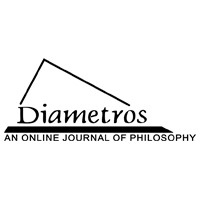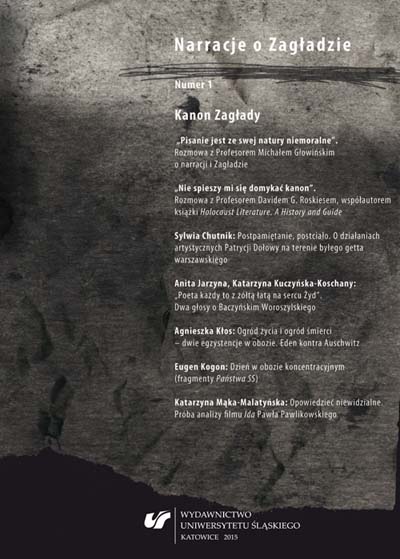
Aristotle and Principlism in Bioethics
Aristotle and Principlism in Bioethics
Keywords: Aristotle ; principlism; bioethics; cardinal virtues
Principlism, a most prominent approach in bioethics, has been criticized for lacking an underlying moral theory. We propose that the four principles of principlism can be related to the four traditional cardinal virtues. These virtues appear prominently in Plato's Republic and in Aristotle's Nicomachean Ethics. We show how this connection can be made. In this way principlism has its own compelling ethical basis.
More...

